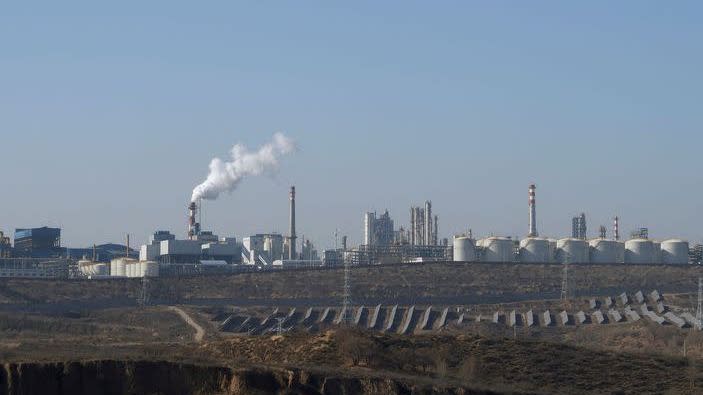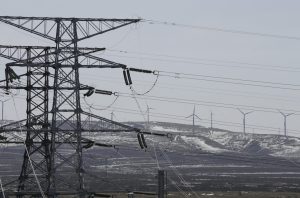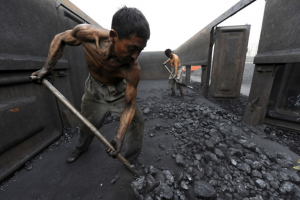A third of all carbon credits have failed to qualify for a ‘high integrity’ label set out by an industry governance body for the voluntary carbon market, creating fresh trouble for the offsets market.
In the voluntary market, companies can buy credits from projects such as wind farms or reforestation schemes across the world and use them to meet their internal carbon-cutting targets.
But the market is unregulated, with many different standards and approaches making it difficult for companies to assess which credits they should use.
Also on AF: China to Set Emission Quotas for Industries, Economic Planners
An independent governance body — the Integrity Council for the Voluntary Carbon Market (ICVCM) — sought to address these concerns by launching Core Carbon Principle (CCP) standards last year that aim to “identify high-integrity carbon credits”.
On Tuesday, the ICVCM said all existing carbon credits linked to renewable energy projects failed to qualify for the CCP label.
That would cover around 236 million unretired, or unused carbon credits making up 32% of the market.
The ICVCM said the failure chalked up to eight renewable power methodologies that had failed to meet the requirements of its standard on ‘additionality’ grounds.
‘Additionality’ is a measure of whether the project needed revenue from carbon credits sales to go ahead. If the project would have gone ahead regardless, then the argument that it has led emissions to be avoided, and should therefore be credited, is undermined.
“We are taking the tough decisions necessary to build a high-integrity voluntary carbon market that can be scaled to meaningfully fund climate solutions and channel material amounts of finance to the Global South,” ICVCM governing board chair Annette Nazareth said in a statement.
Approved methodologies
The development is set to add new stress on the carbon offsets market amid lingering concerns around their credibility and effectiveness in enabling emissions reduction.
The voluntary carbon markets shrunk for the first time in at least seven years last year, with big names such as Nestle, EasyJet and Gucci buying fewer credits.
As of now only 27 million unretired credits are approved under the CCP label. That amounts to just 3.6% of the market.
In June this year, the ICVCM announced its first two carbon-crediting methodologies that meet the ‘high integrity’ CCP label.
These were projects that captured methane gas from landfill sites and those that worked on destroying ozone-depleting gases from scrapped equipment like refrigerators and air conditioners.
As of June, 27 categories of carbon credits, representing over 50% of the market, were under active assessment.
Renewable energy offsets could still come in play
Analysts have said failure to meet the CCP standard could lead renewable offset prices to fall further this year.
The price of renewable energy offsets fell by 69% last year to an average of $3.88 per metric ton, a report by non-profit Ecosystems Marketplace said in May.
“We don’t speculate about the price, we are trying to put an integrity threshold into the market. We have consistently said we don’t expect everything to pass,” ICVCM CEO Amy Merrill said.
Renewable projects could still be part of the voluntary carbon market, she added, saying new methodologies can be submitted for consideration.
But “there are still places in the world where barriers to deployment mean projects could be additional,” Merril said.
- Reuters, with additional inputs from Vishakha Saxena
























